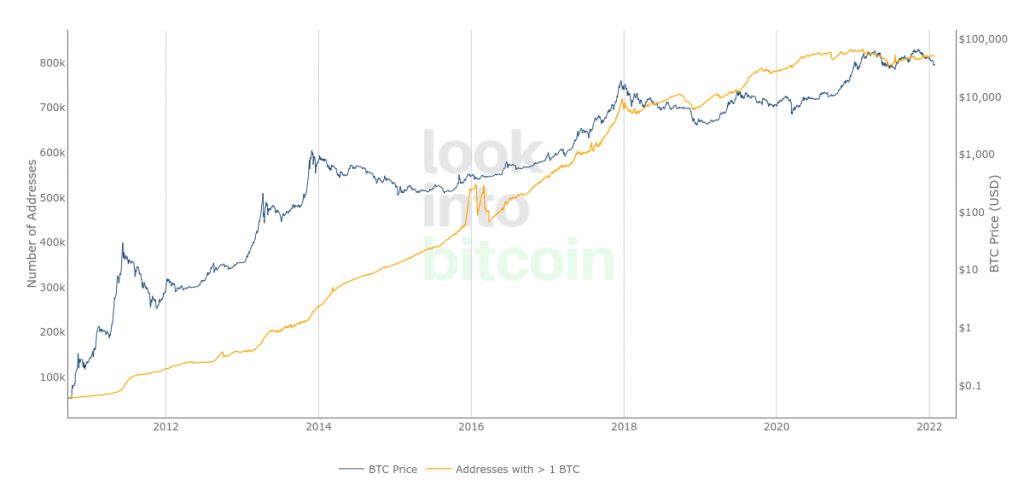Bitcoin (BTC) and cryptocurrency adoption may not necessarily make its price higher in dollar terms, Goldman Sachs argues.
In a note seen by Bloomberg published Thursday, the international banking giant claimed that mainstream acceptance of crypto assets would increase their correlation to other mainstream asset classes.
Goldman: Adoption is a “double-edged sword”
In a view contrary to that of many Bitcoin proponents, Goldman sounded firmly uninspired by the prospect of crypto as a tool for the enrichment of the mass populace.
“While it can raise valuations, it will also likely raise correlations with other financial market variables, reducing the diversification benefit of holding the asset class,” the note reads.
Its authors, Zach Pandl and Isabella Rosenberg, additionally described mainstream adoption as a “double-edged sword.”
Put another way, should Bitcoin or crypto become more correlated with extant assets, the scope for asymmetric profit would be reduced.
The comments come as crypto markets indeed exhibit a higher correlation with equities, in particular, this month, with projections for 2022 not favoring a strong recovery — at least at first.
Nonetheless, even Goldman itself has not wholly subscribed to one narrative, earlier in January reasoning that BTC/USD could still reach $100,000 — somewhat ironically, by stealing market share from gold and thus luring in more traditional investors.
Simple supply and demand?
Alternative theories for Bitcoin specifically eschew the idea of correlation outpacing the rate of gains delivered by other factors going forward.
Relative: Breaking ‘bear market’ in Bitcoin demand will spark next BTC price surge — Analysts
The simple mathematical equation of dwindling supply in the face of broader adoption is championed by analysts as a de facto guarantee of higher prices versus fiat currencies in the future.
Bitcoin’s predictable emission schedule combined with growing wallet entities equal a phenomenon that continues to play out despite low-timeframe price weakness.
The retracement that began in November, meanwhile, has failed to dent the enthusiasm of larger wallet holders, data from monitoring resource Santiment reveals.


